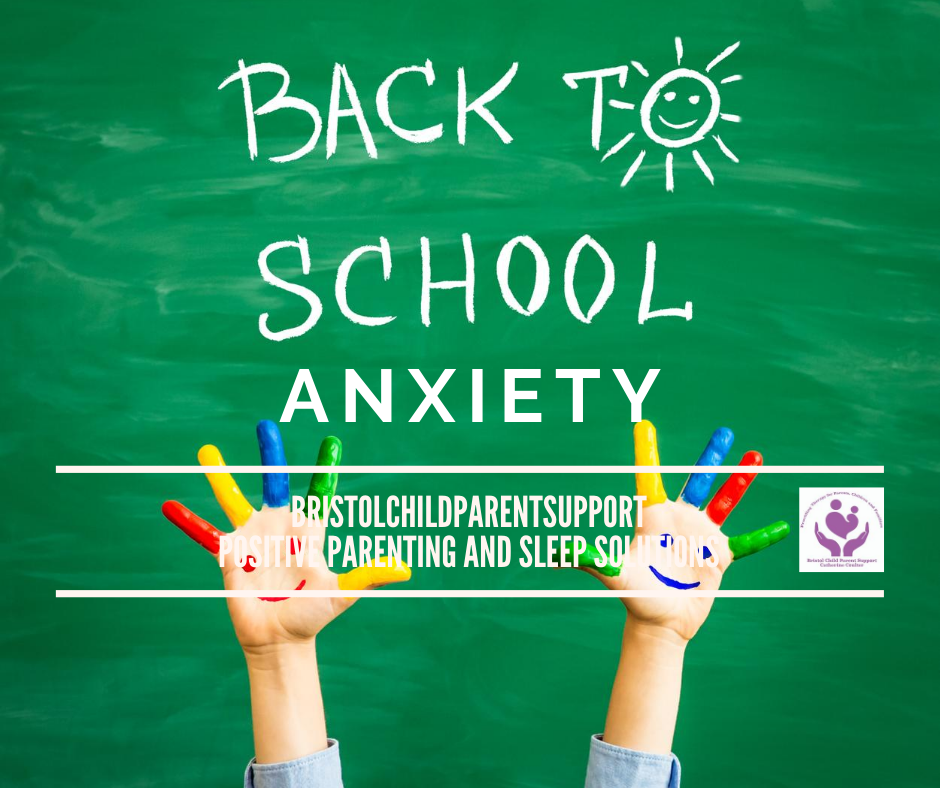** Updated**This Autumn term feels so different than before. Knowing how to help your child feel secure about returning to school must be hard. There’s no perfect answer to managing the new term and how to help your child settle in. It is usual for them to feel apprehensive and experience some anticipation anxiety. Here are some tips and ideas on how to support the transition.
Manage your worries.
It would be expected for any parent to have worries at this time. There is real pressure to reinstate routines, even basic ones, such as bedtimes, not to mention the reintroduction of homework. Many parents are concerned about how their children manage socialising and peer pressure. It’s hard to pass on any worries to our children, so make sure you take weeks steadily. Try not to take on too many commitments for the next month. Take time to settle into the new term and do activities that help you feel calm.
Talk to your child about how they are feeling.
It is usual for them to feel apprehensive as well as excited. Younger children struggle to express their emotions and what they may be feeling now. The sections of the brain responsible for these areas are not ‘switched on in early childhood, hence:
- They can’t link their feelings, thoughts, and behaviour in their early years.
- Young children cannot think, reflect, and be reasoned with.
Talk to them that it is normal to be anxious during this time. Children may find it hard to be physically separated from friends and teachers while at school. You can encourage them to find other ways to stay connected.Make sure the school has safety measures and that washing your hands is the best way to stay healthy!
How will I notice my Child may be Anxious at School?
Children show anxiety in three ways:
1. Physiological Symptoms.
This is created by the fight or flight stress response. Teach them where they feel it in their body.
- Lots of tummy aches
- Feeling sick
- Headaches
- Feeling dizzy
- Dry mouth
- Wanting to go to the toilet a lot
- Not being hungry or wanting to eat too much
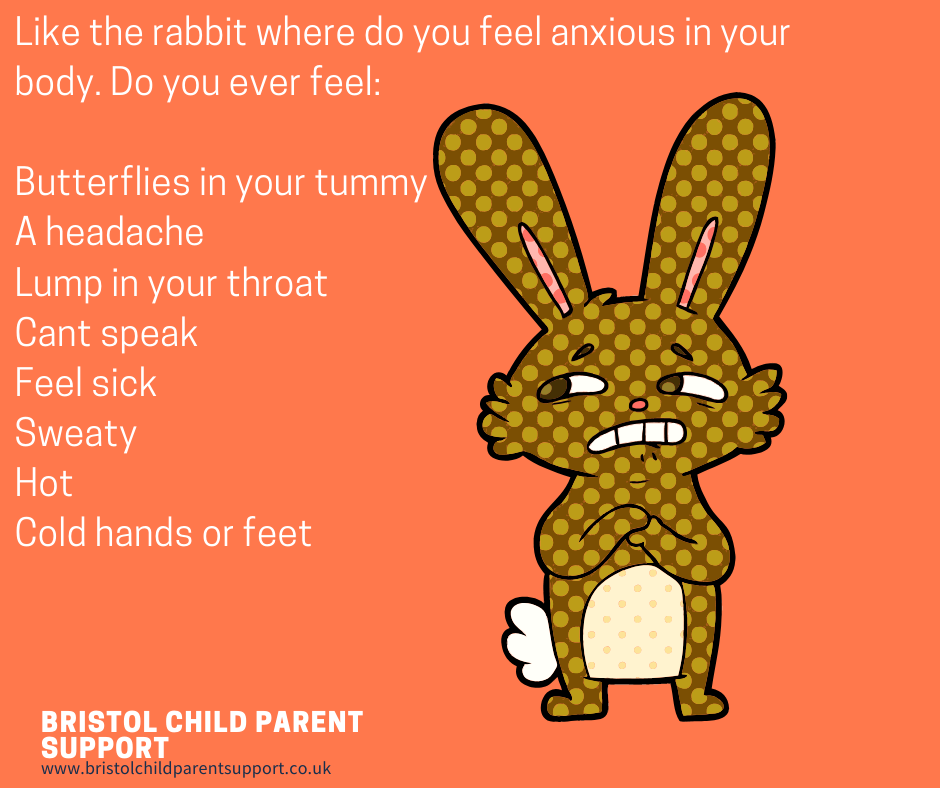
You may notice these symptoms during the first week or the first morning. Hopefully, it will pass, and your child will settle in. There are many more ideas on how to help your child relax and feel calm here:
2. Negative Thoughts.
Thoughts can be overwhelming for children like they are for adults. Younger children will struggle to identify them, but older children might be:
- I was worrying about the family’s health and being preoccupied with catching COVID-19.
- Worrying about how other children may not talk to them or how they are perceived.
- Suffering from many” what if” thoughts often seem unrealistic and occur in the future.
- Thinking about the worst, “catastrophising” about what may happen.
They can manage their thoughts by being a detective:
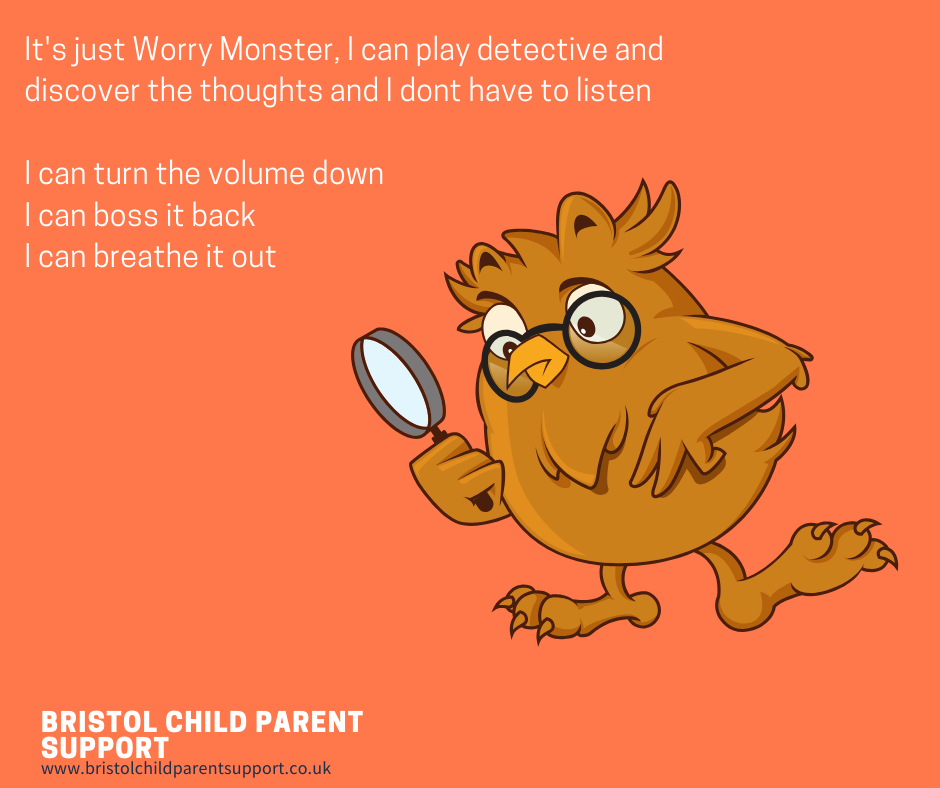
3. Behavioural Symptoms of Anxiety
Children in the main show us how they feel through the “behaviour” You might notice:
- They may refuse to return.
- In younger children, you may notice extreme aggression or meltdowns directed or distress and extreme crying before a situation.
- Not wanting to go to bed or sleep alone. Nighttime fears, waking in the night, and nightmares.
- Find it hard to separate from you and want to cling to you. (This may be more apparent if you or anyone in your family suffered a bereavement or loss during COVID-19, Your child may be even more worried about leaving you).
You will need to link the behaviour to the worry. For example, you could say:
I’ve noticed that since we discussed returning to school, you’ve wanted us to stay with you at night; maybe you might be worried about it?.
What can I do to help the worry?
Shall we try this…..would that help?
School can be challenging if your child suffers from social anxiety. While avoiding their fears is not the answer, being fully exposed to them is not the answer either. Providing overwhelming social experiences may lead to overwhelming fear and failure and may make anxiety sufferers less likely to try again – or at all. Start small, build their courage, and work with the school to implement a managed exposure plan. This may mean they have a graded return to school. They may manage mornings instead of the whole day.
Solutions for Back to School Anxiety.
Talk about their Worries
Do talk and name about it; many parents worry it will escalate certain behaviours.
Contacting the school and having a home and school-shared plan may be helpful. Children feel safer when the adults around them are consistent and work together. If your child has a new teacher, find a photo of them and show them. Several schools have even sent a video of the new class layout. You can always request this.
Play out the Worries
Rehearse the new drop-off and role-play it with toys, playmobile characters, or puppets. If they suffer from separation anxiety, identify an adult ( attachment figure) they can meet and develop a relationship with before starting. It is not helpful if you are anxious to have multiple attachment figures.
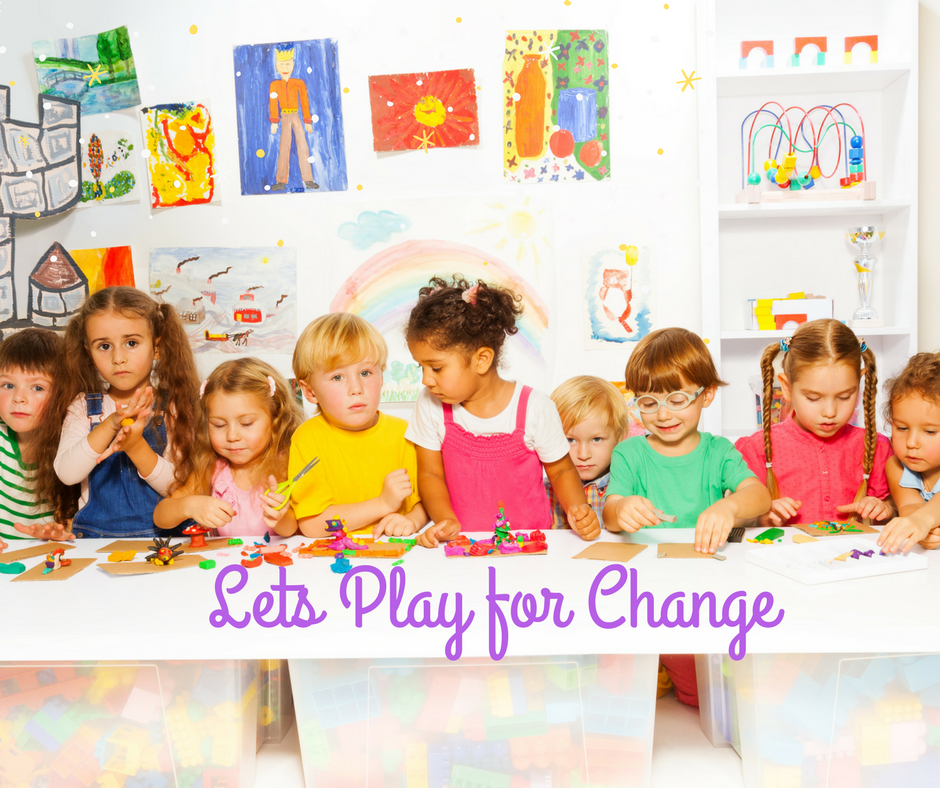
Devise a Simple Goodbye Plan
This may be helpful for the return; even if your child was not anxious before the pandemic, they might be now. Have a plan, hug goodbye, and handover. Draw out the instructions if the layout/building is different ( they may be attending junior or senior school)
Please help them to ask for help; who would be the best adult to talk to?
Help the transition with a transitional object. Give them something of yours to keep if they are worried about being away from you or a “worry stone”. This is good for children whose parents separated or if they’ve lost a parent during the pandemic. It will provide them with a sense of security and stability during this difficult time.

Ensure your child has an emotional vocabulary. Do they have a word for anxiety, such as fear, worry, or being scared? Give it a name and tell them it is not the whole of them, and they can control it.
- The worry wobbler
- The worry monster
- The scariness
- The wibble wobble
Communicate that anxiety is normal, and everyone sometimes feels fear or worry. Therefore, worrying about being away from mummy or daddy is customary. It is normal to feel worried before starting school. Tell them worry/anxiety are not dangerous within themselves; they are uncomfortable, but the feeling/s will pass. Whether at school or home, creative activities, such as playing and drawing, help them express and communicate any negative feelings they may be experiencing. This allows children to find positive ways to express complicated emotions, such as anger, fear, or sadness.
What not to do and say.
Refrain from saying
Don’t worry it will all be fine.
Reassurance sadly does not help anxiety, but having a plan and empathy does.
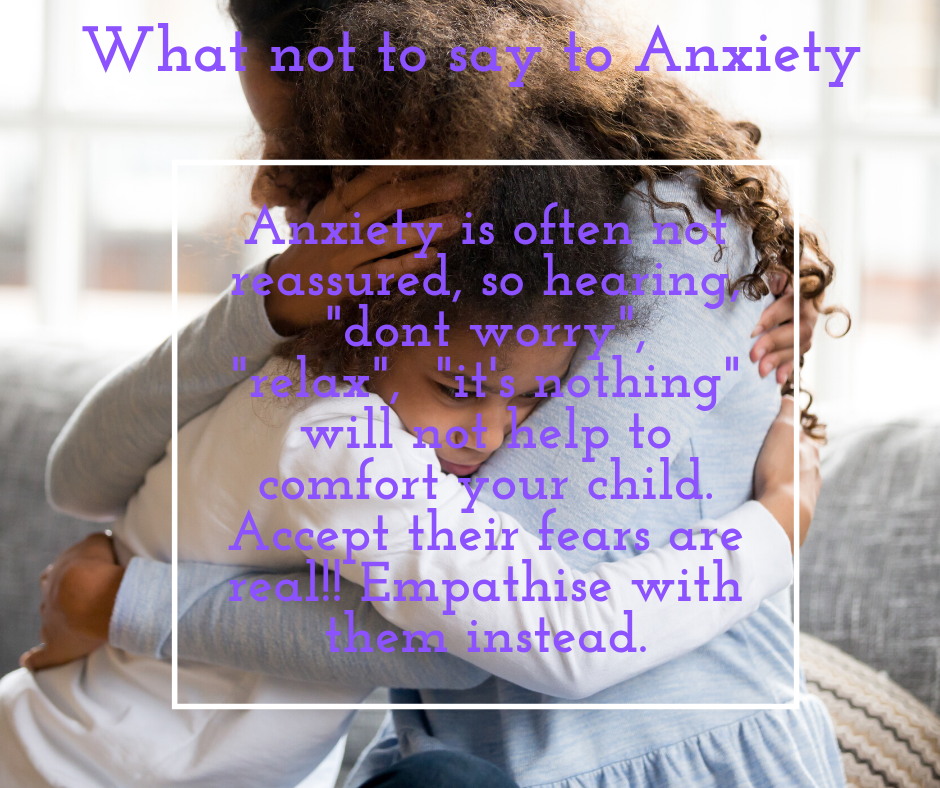
While you want to support your child by providing comfort and encouragement, ensure you encourage them to face and not avoid the fears that cause anxiety. They are less likely to face their fears if they are not encouraged to do so by you.
Here is a short video on generalised anxiety if you prefer watching rather than reading
You cannot promise negative things or feelings won’t happen. Fear is hardwired, so we can’t eliminate it; we recognise and manage it. If your child suffers from social anxiety, try to help them to reframe a situation.
We often underestimate how our children may feel if we are successful and confident adults. Sometimes, we may wonder what they need to be stressed about the syndrome.?
Your child knows their fears are irrational, and they can’t control them.
It’s natural for you to be Anxious too.
It is usual for you to feel anxiety, too; this is a new situation for them and you. Additionally, it may be even more complicated if you have lost a loved one or suffered grief during this time. Be kind and compassionate at this challenging time. Seek help and support from friends, partners, teachers, or therapists. Keep checking in and listening to your children’s concerns, speak kindly, and help them manage their emotions. Remember, you are not a bad parent if your child suffers from anxiety. There are many complex reasons your child may suffer from anxiety.
In Conclusion.
This is all new, so remember there are no rights or wrongs. I hope this helps everyone. I hope to see you at my Sleep workshops in October; click on the link; each of them will be tackling nighttime fears:
In addition, there will be further workshops. If you want to be notified or need additional support, contact me. You can, in addition, will be notified via my newsletter.
Stay safe and well; with love and gratitude, Catherine.


